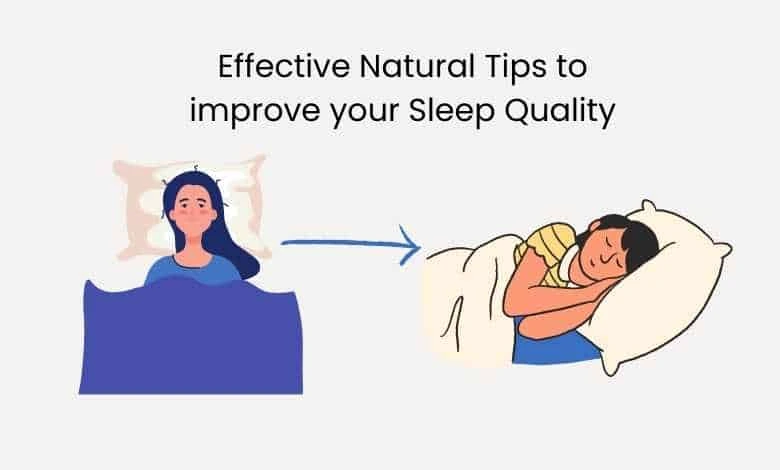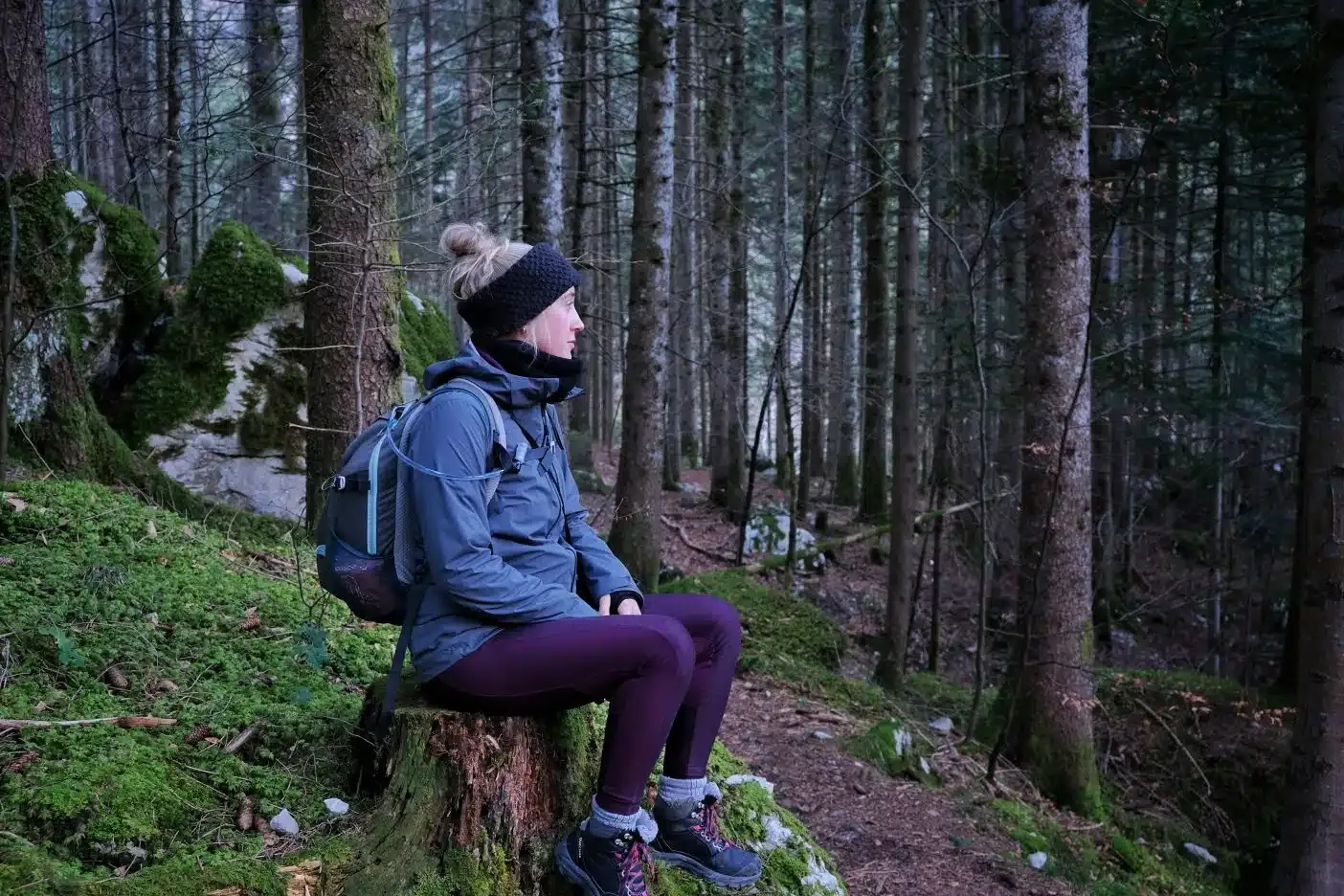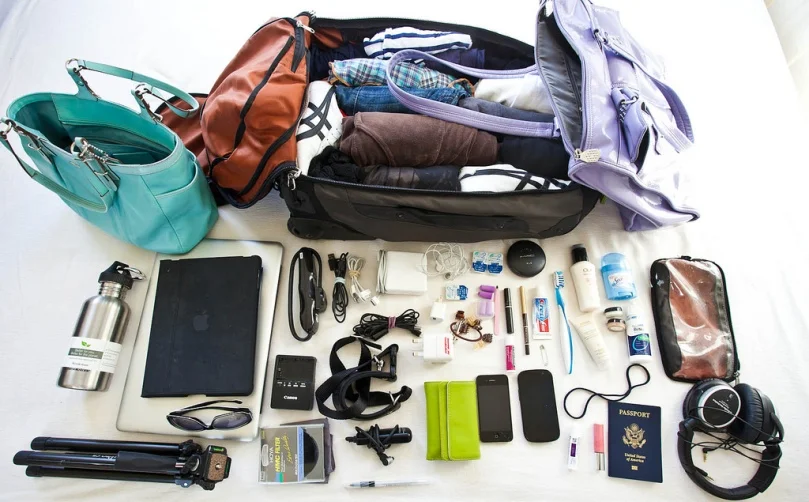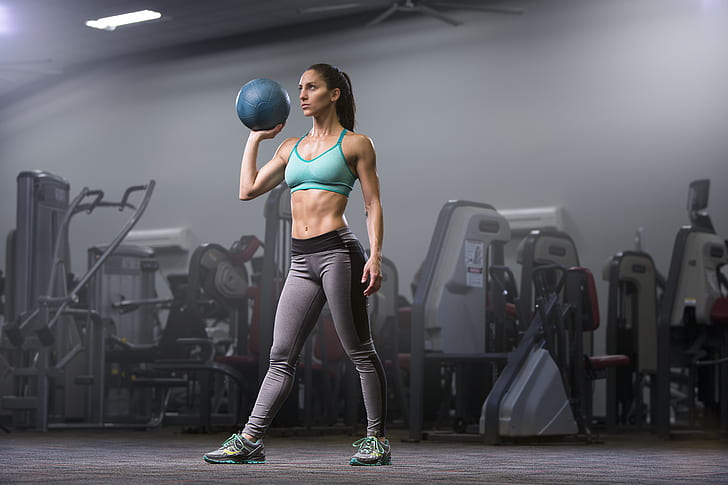Do you find it difficult to fall asleep and wake up feeling refreshed and at ease? You aren't by yourself when you sit up late:Over 60 million Americans have insufficient sleep.
More than just a bother that makes you feel exhausted the next day, disturbed sleep can have negative effects on both your physical and mental well-being. In addition to raising your chances of melancholy, obesity, type 2 diabetes, heart disease, and high blood pressure, it has a detrimental effect on your memory, focus, and mood.
Thankfully, there are simple, all-natural ways to get a better night's sleep, according to Charlene Gamaldo, M.D., medical director of Howard County General Hospital's Hopkins Center for Sleep.
Getting a prescription for a sleep aid isn't always necessary, the speaker asserts. You can change your sleeping habits in a natural way.
Read also: How To Create A Wellness Plan
5 Tips Natural Wellness Remedies For Better Sleep
1. Sip abundantly
Not alcohol, which has the potential to disrupt sleep. Gamaldo suggests sour cherry juice, warm milk, and chamomile tea for individuals who have problems falling asleep.It doesn't hurt to sample any of these after-dinner beverages, even if there isn't much scientific evidence to support their claims, according to Gamaldo. Patients who seek therapy without adverse effects or medication interactions are referred to her.
It has long been thought that molecules in warm milk mimic the effects of tryptophan on the brain. This is a molecular precursor of serotonin, a neurotransmitter implicated in the sleep-wake cycle, according to Gamaldo.
Moreover, chamomile tea has its benefits. It is thought to include flavonoids that might interact with brain receptors for benzodiazepines that are also involved in the change from sleep to wakefulness, the source said.
Additionally, chamomile tea has no caffeine, in contrast to Earl Grey or green tea. Lastly, sour cherry juice may help the body produce melatonin and maintain a regular sleep schedule.
2. Workout
Sleep can be enhanced by physical exercise, albeit the exact reason is yet unknown to experts. Moderate cardiovascular activity has been shown to increase the quantity of nutritious slow wave (deep) sleep that you get.
Gamaldo claims that aerobic activity releases endorphins, which are hormones that keep people alert, but you have to schedule it correctly. (This explains why running gives you so much energy.)
It can also cause a jump in the body's core temperature, which tells the body it's time to get up and move. Aim to avoid working out within two hours of going to bed if you're experiencing problems sleeping.
Read also: How to Improve Work-Life Balance: 5 Success Strategies
3. Make use of melatonin pills
Four hours before we experience feelings of tiredness, the brain naturally releases a hormone called melatonin, according to Gamaldo. The body's reaction to less light exposure, which normally occurs at night, causes it.
But these days, there are always lights on when it is dark outside, whether they come from your TV, laptop, or phone. Because of the suppression of melatonin release caused by this artificial light exposure, falling asleep may be difficult. Fortunately, melatonin may be purchased as an over-the-counter medication in tablet form at your neighborhood drugstore.
Just be careful you always get the same brand. The FDA does not regulate melatonin supplements, thus the amounts and components in each tablet may vary depending on the producer. Gamaldo advises staying loyal to one brand and avoiding purchasing products from unidentified web sellers.
4. Remain composed
According to Gamaldo, the optimal temperature range for a thermostat is 65 to 72 degrees. When going through menopause and having hot flashes, women should dress in cotton or breathable materials and keep the atmosphere as cold as possible.
5. Turn out the lights
It is well established that smartphone light disrupts sleep. But how is the lighting in your bathroom? Don't turn on the lights if you feel the need to go at night. According to Gamaldo, "the most recent advice is to use a flashlight if you have to get up during the night because it provides less visual disturbance." And keep in mind that it might take up to 30 minutes for you to go back asleep if you do wake up for a restroom break. She claims this is all very normal.







